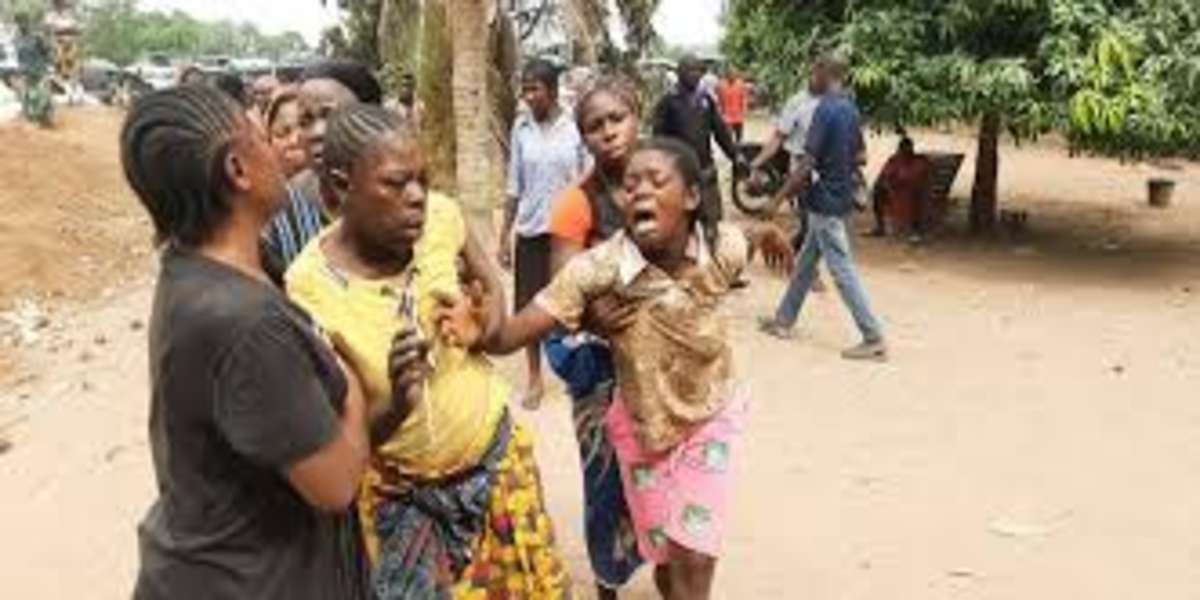On June 14, 2025, a tragic attack occurred in Yelewata, a rural community in Guma Local Government Area of Benue State, Nigeria. According to reports from local authorities and residents, the incident involved an assault by unidentified gunmen, resulting in significant loss of life and widespread destruction of property. The attack has been described by state officials as one of the deadliest in the region in recent years.
The assailants reportedly stormed the village late Friday night, firing weapons and setting buildings, markets, and homes on fire. Eyewitnesses described the attack as sudden and overwhelming, leaving little time for residents to seek safety. By Saturday morning, the community had been severely damaged, with early casualty figures suggesting more than 100 lives lost. Some later estimates put the number closer to 150. Many of the victims were women, children, and elderly individuals.
The humanitarian toll has been significant. In the aftermath, approximately 3,000 residents were displaced, seeking refuge in nearby communities and temporary camps. Relief agencies, including the National Emergency Management Agency (NEMA), have deployed support in the form of shelter, food, and medical assistance. However, humanitarian needs remain high, particularly as many residents lost their homes, farms, and sources of livelihood in the incident.
Yelewata’s local economy, primarily based on agriculture and petty trading, has also been heavily impacted. Destruction of farmlands, livestock, and food reserves is expected to exacerbate existing challenges related to food insecurity in Benue State.
Though the identities and motivations of the attackers remain under investigation, local accounts suggest the incident may be connected to longstanding tensions between farming communities and nomadic herders. These clashes often centered around land access, resource control, and grazing rights have contributed to instability in parts of Nigeria’s Middle Belt over the past decade. In Benue State, which has implemented anti-open grazing laws in recent years, enforcement has been uneven, and violent outbreaks have persisted.
In response to the attack, President Bola Ahmed Tinubu condemned the violence, describing it as “a senseless act of bloodshed.” He pledged to visit the state, marking what would be his first presidential visit to Benue since assuming office. The Nigerian Senate also called for enhanced military presence in the region to protect vulnerable communities and deter future attacks.
Civil society groups and local advocacy organizations have called for thorough investigations, justice for victims, and long-term strategies to address the root causes of such violence. Some groups have emphasized the importance of improved dialogue between farmers and herders, as well as better implementation of existing land-use policies.
Despite public statements and emergency responses, there is growing concern among residents about the frequency of such attacks and the perceived inadequacy of preventive security measures. Many community leaders have called for a shift from reactive to proactive security frameworks, alongside more investment in early warning systems and conflict resolution mechanisms.
As Benue State mourns yet another tragic loss, the events in Yelewata have reignited national debates on rural safety, state-level enforcement capacity, and the need for inclusive peacebuilding efforts. Moving forward, the effectiveness of government and community responses will likely be critical to preventing further escalation and restoring stability to affected areas.








